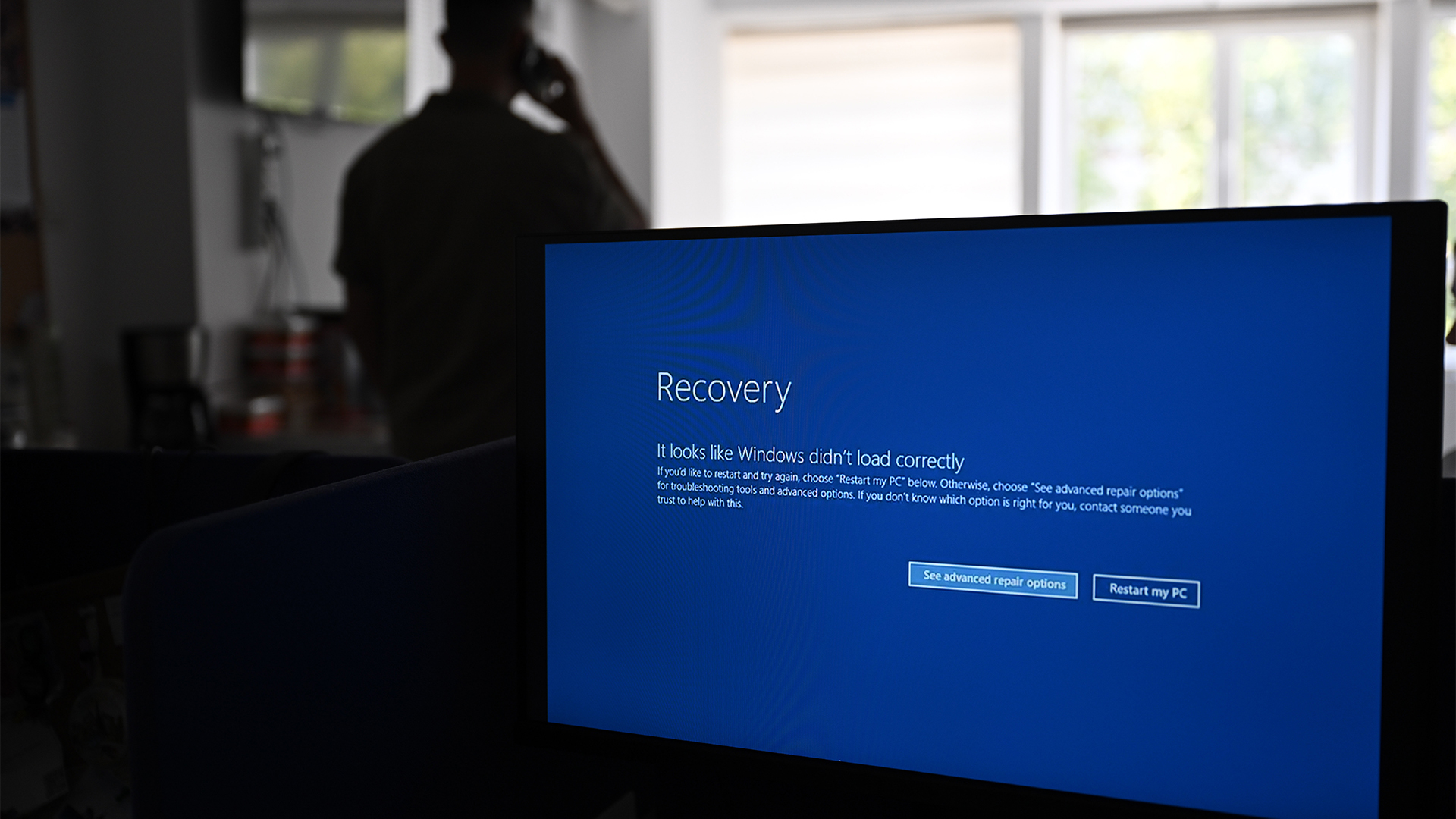How can small businesses cope with inflation?
With high inflation increasing the cost of doing business, how can small businesses weather the storm?


Inflationary pressures will affect small businesses differently depending on a wide range of factors, including their business focus and market position.
Small businesses form an important part of any functioning and vibrant economy. According to the UK’s Federation of Small Businesses (FSB), small and medium-sized businesses (SMBs) account for three-fifths of employment and around half the turnover in the UK private sector. It’s a similar story in the US, with its 27 million small businesses also generating roughly 50% of the nation’s GDP, according to the University of Minnesota.
Some inflationary issues are universal, and tend to affect all SMBs to varying degrees. There isn’t a one-size-fits-all way of dealing with inflationary woes, as the cost of living crisis continues to bite, but there are some common strategies to consider for all kinds of small business.
Resolving cash flow issues
Cash flow sits at the center of the problems most small businesses face due to inflationary pressures, and there are competing priorities for the amount of cash available.
“Some smaller companies will consider reducing their inventory, freezing recruitment, or cutting marketing and advertising expenditure,” says Bobby Idogho, co-founder and CEO of Radically Digital, a digital transformation consultancy.
Simac Konkader, a customer experience officer coach and business advisor, however, urges businesses to “double down on marketing and sales” rather than cutting back. It’s a false economy, he says, because customers need to know you’re out there and functioning.
Konkader suggests taking up options like restructuring loans and negotiating supplier discounts. Suppliers may, after all, be able to find extra flexibility.
Get the ITPro daily newsletter
Sign up today and you will receive a free copy of our Future Focus 2025 report - the leading guidance on AI, cybersecurity and other IT challenges as per 700+ senior executives
Fighting the cost of energy
The cost of energy continues to be a major concern for small businesses. This has been an ongoing issue in the UK, for instance. Research by the Federation of Small Businesses (FSB) finding 28% of small businesses that signed up to fixed energy contracts in 2022 may have to downsize, rethink their business model or close following further cost rises in April.
It may be that efficiencies can made that can reduce energy costs. Konkader suggests looking at co-working spaces or using more hybrid or remote working where that’s possible.
Technology can also play a part in reducing energy costs. Smart plugs, more typically used in the home, may be useful in some small business situations. First, they can monitor energy usage on a granular level and then to help reduce usage where possible through manual switching or timers. Using renewables may also help – if the up-front costs can be managed.
Curbing salary inflation
Salaries are a big cost for many firms, but without your workforce you simply can’t exist. Firms that don’t have a formal salary structure might do well to put one in place, both to manage pay itself and to set out how rewards, such as bonuses or discounts on the firm’s products, are given. This can help staff understand how and where they fit into the structure, and see how their special skills are valued.
RELATED RESOURCE

Cutting power bills and emissions with a modernized and efficient IT infrastructure
Driving a rethink of how to build and operate our IT platforms
Many firm owners feel responsible to the people they employ and want to do all they can to help them through the cost of living crisis. One option that could help people get through an immediate problem might be early access pay apps.
“These on-demand pay apps give employees instant access to pay they’ve already earned, but wouldn’t normally receive until the month-end,” Idogho explains. Strategies like this can help with staff retention and loyalty, but businesses should keep an eye on usage, in case an employee gets themselves into serious financial difficulty. If you spot issues, consider whether there's any additional help you can offer.
Investing in technology
Investing in technology might sound counter-intuitive at a time when finances are severely challenged, but it can be a game-changer. Technology, for example, can be used to reduce energy costs, streamline processes, communicate more productively with customers, or manage inventory and suppliers. It’s necessary if a firm wants to shift to a more hybrid structure too. Careful research should provide an indication of the return on investment and when this might kick in – and there may be some quick wins.
Konkader also highlights the need to focus on modeling and harnessing data, which he says “will be just as valuable as having your own oil field” because of the insights it can provide into what works, and what doesn’t. Getting it right fast can help cash come into the business.
Planning for the future
Even when times are tough, it’s important to envisge a future in which the business is thriving and try to make progress towards that future. Small firms are often thought of as more agile than bigger, more established firms, able to learn more quickly, experiment with ideas, and, in the jargon, fail fast and move on. This can be used to advantage, with the ability to react quickly to changing conditions a key factor.
Konkader advises businesses to use an advisory board or business coach. But Idogho tells ITPro that smaller firms can get staff involved in envisaging that future and planning for it before creating a “collaborative culture also promotes accountability, as individuals feel responsible for their contributions to the team's success.”
It’s unquestionable that small businesses face some very serious challenges right now, and that many have to dig deep and work extremely hard to overcome these. Organizations that think strategically are able to be agile, support their staff, and maintain cash flow, may find themselves in the best position to come through and flourish.

Sandra Vogel is a freelance journalist with decades of experience in long-form and explainer content, research papers, case studies, white papers, blogs, books, and hardware reviews. She has contributed to ZDNet, national newspapers and many of the best known technology web sites.
At ITPro, Sandra has contributed articles on artificial intelligence (AI), measures that can be taken to cope with inflation, the telecoms industry, risk management, and C-suite strategies. In the past, Sandra also contributed handset reviews for ITPro and has written for the brand for more than 13 years in total.
-
 It's been two weeks since CrowdStrike caused a global IT outage – what lessons should we learn?
It's been two weeks since CrowdStrike caused a global IT outage – what lessons should we learn?Opinion The incident on 19 July was possibly the biggest IT outage to date
By Stephen Pritchard
-
 Game-changing data security in seconds
Game-changing data security in secondswhitepaper Lepide’s real-time in-browser demo
By ITPro
-
 Unlocking the opportunities of open banking and beyond
Unlocking the opportunities of open banking and beyondwhitepaper The state of play, the direction of travel, and best practices from around the world
By ITPro
-
 Accelerated, gen AI powered mainframe app modernization with IBM watsonx code assistant for Z
Accelerated, gen AI powered mainframe app modernization with IBM watsonx code assistant for Zwhitepaper Many top enterprises run workloads on IBM Z
By ITPro
-
 Magic quadrant for finance and accounting business process outsourcing 2024
Magic quadrant for finance and accounting business process outsourcing 2024whitepaper Evaluate BPO providers’ ability to reduce costs
By ITPro
-
 Let’s rethink the recruiting process
Let’s rethink the recruiting processwhitepaper If you designed your recruiting process for a new company, what would you automate to attract and hire the best talent?
By ITPro
-
 The power of AI & automation: Productivity and agility
The power of AI & automation: Productivity and agilitywhitepaper To perform at its peak, automation requires incessant data from across the organization and partner ecosystem.
By ITPro
-
 AI academy: Put AI to work for customer service
AI academy: Put AI to work for customer servicewhitepaper Why AI is essential to transforming customer service
By ITPro

